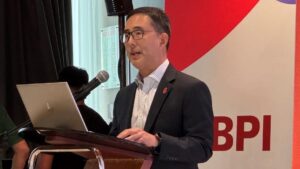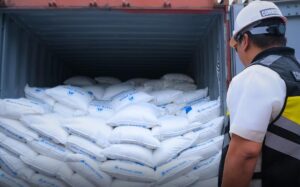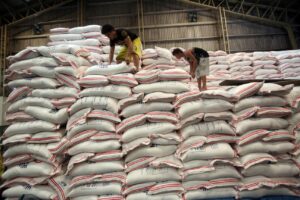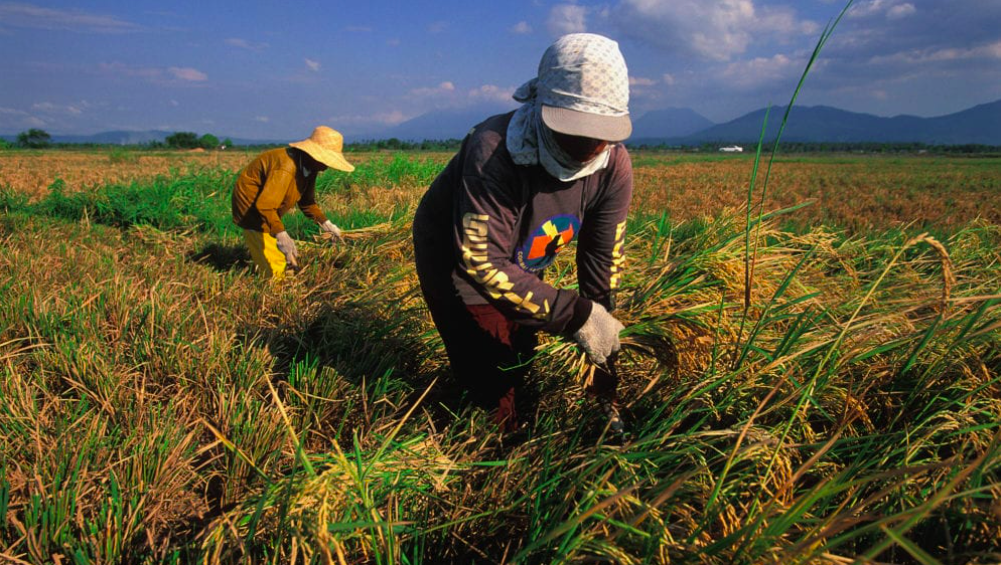Menu
- Daily
BOC Seizes ₱9M in Smuggled Sugar at Manila Port Amid Crackdown on Agricultural Smuggling
Anti-Agricultural Economic Sabotage Law PH, Bienvenido Rubio customs update, Bureau of Customs sugar seizure, DA SRA sugar import permit, Featured, Francisco Tiu Laurel DA news, PH port smuggling incident, POM sugar smuggling, smuggled sugar Manila 2025, SRA import regulation, sugar smuggling crackdown PHHotel101 to Develop 10,000 Affordable Rooms in Saudi Arabia Under $2.5B Expansion Deal
affordable hotel chain Saudi Arabia, DoubleDragon hotel project, DoubleDragon Nasdaq listing, Edgar Injap Sia II Hotel101, Featured, global condotel model, Hannah Yulo-Luccini, Hotel101 Horizon Group partnership, Hotel101 Medina Riyadh Jeddah, Hotel101 Saudi Arabia expansion, Vision 2030 tourism Saudi - National
BOC Seizes ₱9M in Smuggled Sugar at Manila Port Amid Crackdown on Agricultural Smuggling
Anti-Agricultural Economic Sabotage Law PH, Bienvenido Rubio customs update, Bureau of Customs sugar seizure, DA SRA sugar import permit, Featured, Francisco Tiu Laurel DA news, PH port smuggling incident, POM sugar smuggling, smuggled sugar Manila 2025, SRA import regulation, sugar smuggling crackdown PH - International
Hotel101 to Develop 10,000 Affordable Rooms in Saudi Arabia Under $2.5B Expansion Deal
affordable hotel chain Saudi Arabia, DoubleDragon hotel project, DoubleDragon Nasdaq listing, Edgar Injap Sia II Hotel101, Featured, global condotel model, Hannah Yulo-Luccini, Hotel101 Horizon Group partnership, Hotel101 Medina Riyadh Jeddah, Hotel101 Saudi Arabia expansion, Vision 2030 tourism SaudiTrump Praises ‘Total Reset’ in Geneva Talks with China Amid Trade War De-escalation
China 125% retaliation, Featured, Geneva trade talks Trump He Lifeng, Geneva US-China breakthrough, global trade war de-escalation, Trump 145% tariff policy, Trump China trade reset 2025, Trump Truth Social China, US tariffs rollback update, US-China economic negotiations 2025, WTO response US China talks - Editorial
- Next Negosyante
- Crypto News





















Comments are closed for this article!